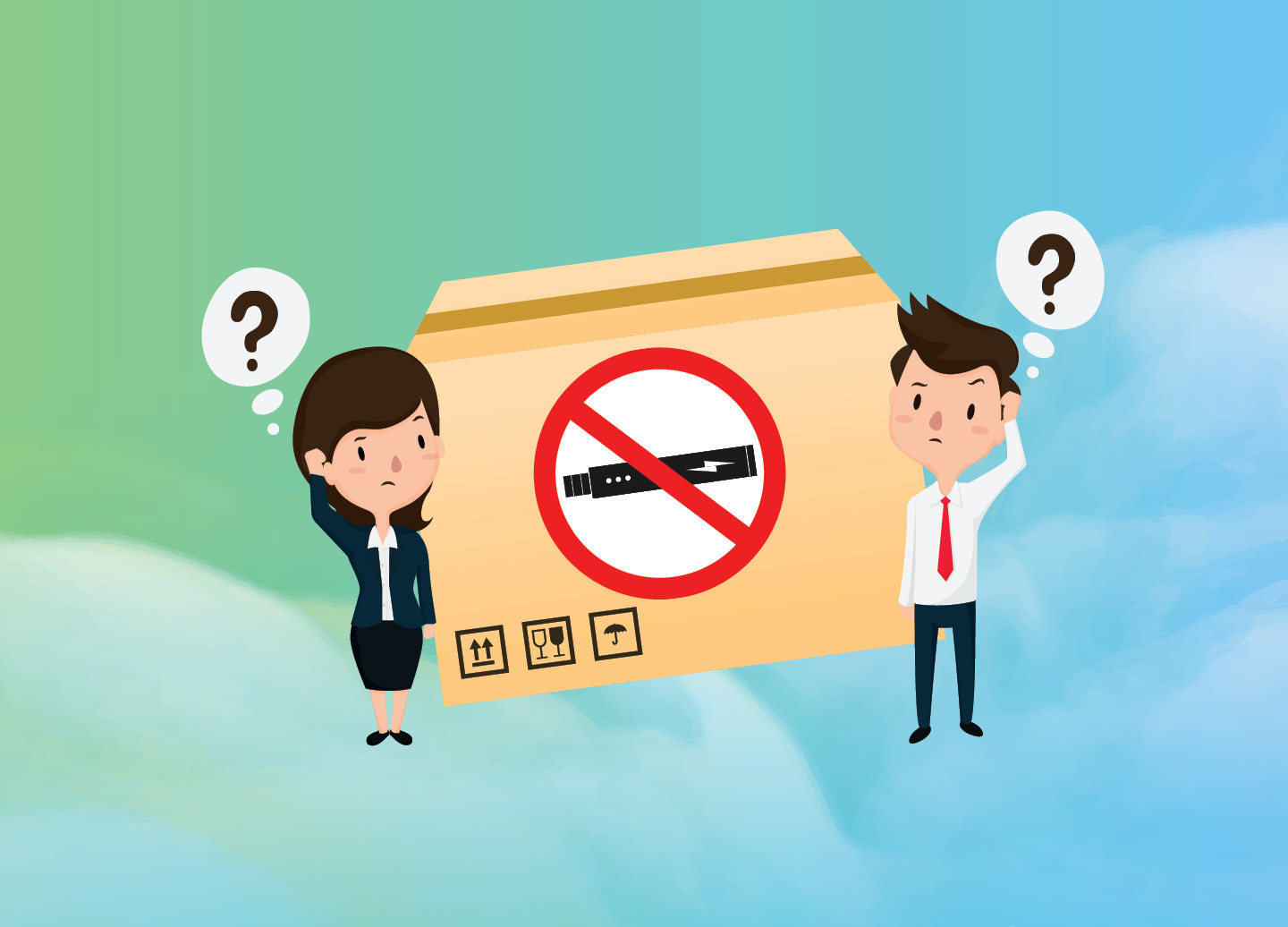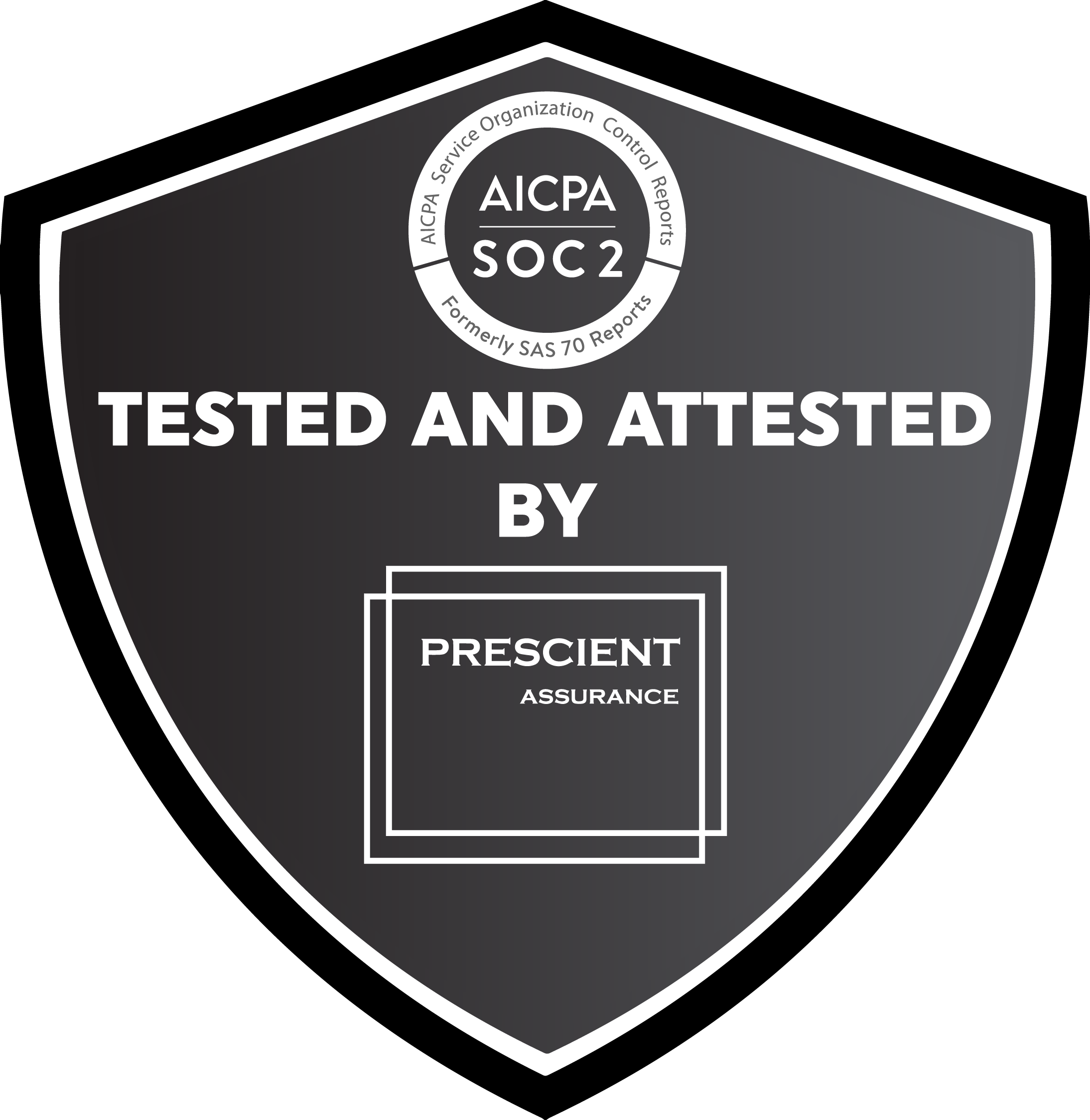Vaping Shipments – Up in Smoke?

ProShip takes a closer look at the new regulations from the PACT Act and how they affect the shipping of vaping products.
The past year has seen a dramatic shift in buying habits from more traditional retailers to online sales, with consumers using online as a safer option for shopping during the pandemic. This is equally true of the global e-cigarette and vape industry, where vape brands and retailers have ramped up their online shopping to support consumers shopping from home.
Recent regulatory changes of the amended Prevent All Cigarette Trafficking (PACT) Act have set up hurdles for online vaping retailers in the form of new supply chain restrictions. In fact, the three major carriers have announced that they will not deliver vape products to residential addresses. The carrier policies, which will soon leave no major carrier willing to deliver vaping products to residential addresses, have left online vaping retailers scrambling to find a solution.
What do the "Big Three" Say About Vaping Shipments?
UPS announced that effective April 5, 2021, they will prohibit the shipment of vaping products throughout its U.S network including all related devices, products and accessories. A UPS representative clarified to ProShip, Inc. that this announcement refers to both residential and commercial shipments. We know that New York state is the exception to all of these rules – with no vaping products to or from New York via UPS.
FedEx has taken a more stringent approach and is prohibiting the shipping of all tobacco and tobacco products (including vaporizers and e-cigarettes) – even for authorized shippers who obtain the proper licenses, starting March 1.
Though the USPS hasn’t released a formal announcement, it references the PACT Act’s new inclusion of vaping and e-cigarette products, effective April 2021. Historically, the PACT Act prohibited the use of USPS to deliver cigarette and smokeless tobacco products direct to consumers. With vaping and e-cigarette products now included, the USPS is required to enforce strict requirements for any online sales. These requirements include several restrictions that some vape retailers may already be using including third party identity verification and age verification at delivery. Retailers must register with the Bureau of Alcohol, Tobacco, Firearms and Explosives (ATF), as well as state tax administrators where products are sold, advertised or offered. Monthly reports are also required to be filed with state and any local government that taxes the sale of these products. Retailers need to plan on maintaining records of all related information for at least 5 years.
Certain requirements of the USPS apply to consumer sales and some regulations apply to all sales – including B2B. B2B deliveries will require submitting an application to USPS as well as complying with other additional conditions e.g. labeling, delivery requirements, etc.
At this point, ProShip reached out to several carrier partners for information on their policies regarding vaping and e-cigarette shipments. We intend to update this information as it becomes available to us.
- DHL had previously banned the shipment of tobacco products including vapor or e-cigarettes.
- Amazon prohibits the sale of e-cigarettes and related products so they would not ship these products.
- GLS has shared that they are open to shipping these products but are not onboarding new tobacco or vape shippers. However, there are rare occasions with the larger shippers that they are vetting if a partnership is possible. The majority of what drives the vetting process is the amount of commercial delivery.
- Lasership will not handle any vaping products.
- LSO - LSO Vaping Service - Intra Texas only. Pickup in TX, deliver in TX. This applies to both B2B and B2C shipments.
- OnTrac will not ship any e-cigarette or vaping products.
- SpeeDee - Reach out to SpeeDee to discuss.
- United Delivery Services - Policy under review
In response to the PACT Act, many vapor retailers are looking for a shipping partner in private logistics companies as well as software solutions which could help with the additional registrations, reporting and records required. Retailers who do not comply with the PACT Act are subject to severe penalties, even prison. The new PACT Act law changes go into effect in late March- no matter which carrier ships the vaping and e-cigarette products.

